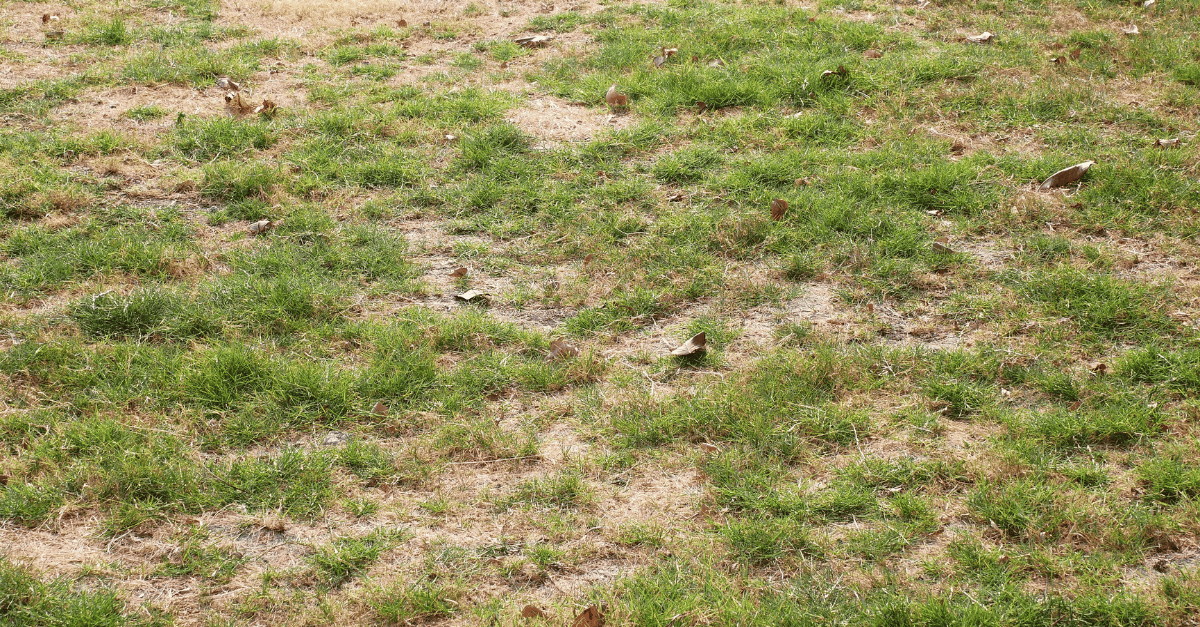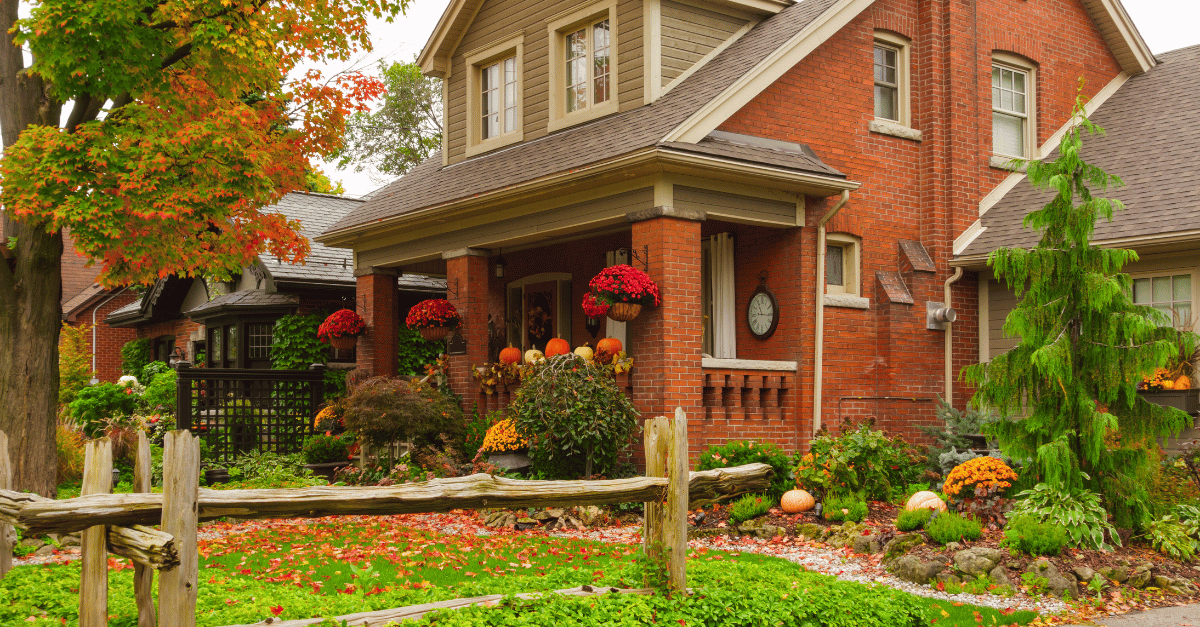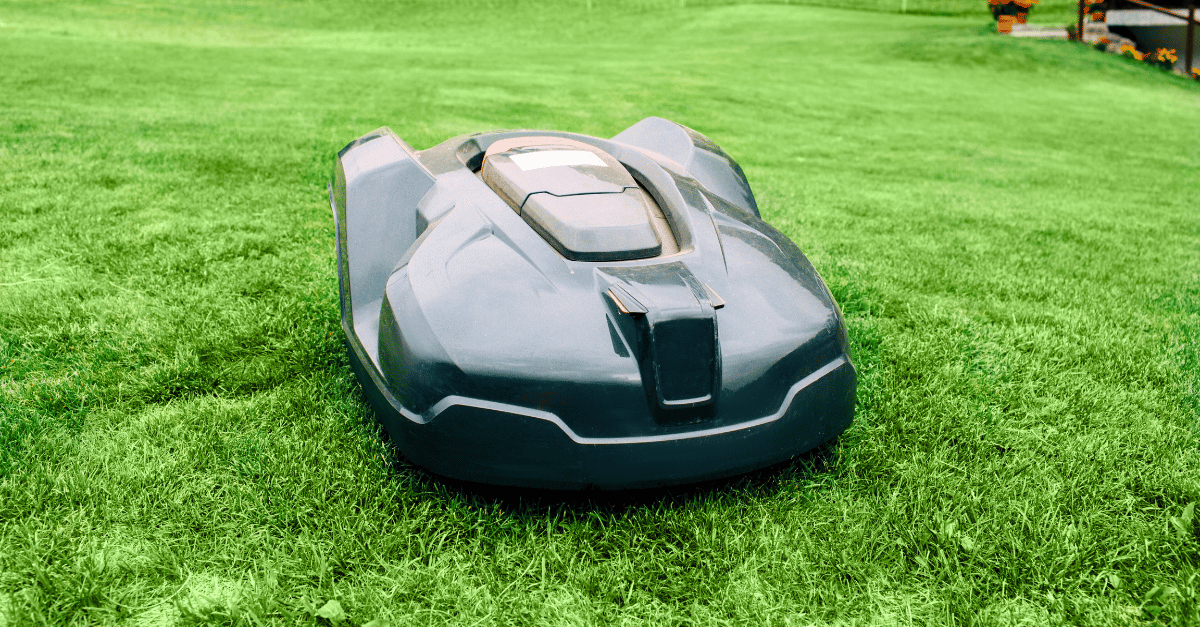
How to Identify and Fix Lawn Thinning
Lawn thinning can frustrate any homeowner. Those once lush, green lawns start to look patchy and bare. Identifying the causes and fixing thinning grass is key to maintaining a healthy, vibrant lawn.
Common Causes of Summer Lawn Thinning
Environmental Stressors
Summer heat, drought, and intense sunlight place stress on your lawn. These conditions cause grass to thin, especially in areas with poor water retention. When grass roots can’t access enough moisture, the blades start to weaken and die, leading to thinning.
Pests and Diseases
Summer is also a prime time for pests and diseases to invade your lawn. Grubs, chinch bugs, and fungal infections can all contribute to thinning. These pests feed on grass roots, while diseases spread rapidly in hot, humid conditions, leaving your lawn looking unhealthy.
Poor Soil Health
Compacted soil and low nutrient levels are often overlooked causes of lawn thinning. Soil that’s too compacted restricts root growth, preventing grass from absorbing the nutrients it needs. Similarly, improper soil pH can hinder your lawn’s ability to thrive, making it more susceptible to thinning.

How to Identify Lawn Thinning
Visual Signs
The first step in addressing lawn thinning is identifying it. Look for patchy or bare spots in your lawn, as well as areas where grass appears discolored or sparse. Uneven growth is another indicator of thinning, with some patches of grass growing taller or faster than others.
Testing Soil Health
Soil health plays a crucial role in lawn vitality. Test your soil to determine if poor soil health is contributing to your lawn’s thinning. A soil test can reveal nutrient deficiencies, pH imbalances, and compaction issues. Addressing these problems is essential to restoring your lawn’s health.
Fixing Lawn Thinning: Step-by-Step Guide
Improving Soil Health
Start by aerating your lawn to relieve soil compaction and improve water and nutrient absorption. Follow up with fertilization to replenish essential nutrients. If your soil test reveals a pH imbalance, apply lime or sulfur to correct it. Healthier soil will promote stronger grass growth, reducing the risk of thinning.
Proper Watering Techniques
Watering your lawn correctly is vital to preventing and fixing thinning. Water deeply but less frequently to encourage deep root growth. Early morning is the best time to water, as it reduces evaporation and allows grass to dry before evening, minimizing the risk of disease.
Pest and Disease Control
Address pest infestations and diseases promptly. Apply appropriate treatments for grubs, chinch bugs, or fungal infections as soon as you notice signs of damage. Regular lawn maintenance, such as dethatching and mowing at the proper height, can also help prevent these issues from taking hold.
Reseeding or Overseeding
Reseeding or overseeding thinning areas is an effective way to restore your lawn. Choose a grass seed blend suited to your region and spread it evenly over the affected areas. Water the newly seeded areas regularly until the grass is well-established. This will fill in bare spots and promote a thicker, healthier lawn.
Preventing Future Lawn Thinning
Regular Lawn Maintenance
Consistent lawn care is key to preventing future thinning. Mow regularly, but avoid cutting more than one-third of the grass height at a time. This prevents stress on the grass and encourages strong, even growth. Fertilize according to your lawn’s needs, and keep an eye out for signs of pests or disease.
Don’t have the time to keep up with mowing? Let Lawnhiro help with our on-demand lawn care services.
Seasonal Lawn Care Practices
Adopt seasonal practices to keep your lawn healthy year-round. In the fall, aerate and fertilize to prepare your lawn for winter. Use proper fertilization techniques to provide the nutrients your lawn needs throughout the growing season. These practices will help maintain a thick, resilient lawn, reducing the likelihood of thinning.

Schedule Help with Lawnhiro
Don’t let summer lawn thinning ruin the beauty of your yard. By identifying the causes and following these steps, you can restore your lawn to its full glory. For help with regular lawn maintenance, schedule service with Lawnhiro today.






